When it comes to smartphone security, Apple’s iPhone has long been considered one of the safest devices. But the common question remains: can iPhones get viruses? Many users believe Apple devices are completely immune, while others argue no system is 100% safe. In this article, we’ll explore whether iPhones can actually get viruses, how Apple protects its ecosystem, the potential risks, and what you can do to keep your device safe.
What Is a Virus in the Context of iPhones?
To answer can iPhones get viruses, we must first define what a virus is. A computer virus is a malicious program that replicates itself and spreads across systems, usually by infecting files or applications. Traditional viruses were common in PCs, but smartphones operate differently.
On iPhones, the term “virus” is often misused. Instead of viruses, iPhones may face threats like:
- Malware (malicious software designed to steal data)
- Spyware (programs that track your activity)
- Adware (unwanted pop-ups and ads)
- Phishing (fraudulent attempts to get personal information)
So, can iPhones get viruses in the traditional sense? Not exactly. But they are not entirely risk-free either.
Read More : Samsung A17 Review & Overview: A Value 5G All-Rounder
Why iPhones Are Considered Secure
Apple has built a strong reputation for security, and many users assume iPhones cannot get viruses. The truth is, iPhones are highly secure because of:
1. iOS Closed Ecosystem
Unlike Android, Apple maintains a closed operating system. Apps can only be installed from the App Store (unless the device is jailbroken). Every app is screened, which reduces malware risk.
2. Regular Software Updates
Apple releases frequent iOS updates to fix bugs and patch vulnerabilities. This makes it harder for hackers to exploit weaknesses.
3. Sandboxing Technology
Each app runs in its own isolated environment. This prevents apps from accessing data or code from other apps, minimizing malware spread.
4. App Store Review Process
Apple reviews every app before publishing. This strict control significantly reduces the chances of malware entering the App Store.
Because of these protections, many people believe the answer to “can iPhones get viruses” is a definite no. However, that’s not the full story.
Read More : How to Activate Find My iPhone
Can iPhones Get Viruses Through Jailbreaking?
The question of can iPhones get viruses becomes more complicated when we discuss jailbreaking.
What Is Jailbreaking?
Jailbreaking is the process of removing Apple’s restrictions, allowing users to install apps from third-party sources. While it gives more freedom, it also removes critical security features.
Risks of Jailbreaking
- Installing unverified apps that may contain malware
- Weakening system defenses against cyberattacks
- Increased vulnerability to spyware and data theft
So, can iPhones get viruses if jailbroken? The answer is yes, because you bypass Apple’s built-in protections.
Real-Life Examples of iPhone Malware
To better understand whether iPhones can get viruses, let’s look at some real-world cases:
- XcodeGhost (2015): A modified version of Apple’s Xcode tool injected malicious code into apps, affecting millions of users in China.
- Pegasus Spyware: A sophisticated spyware capable of stealing calls, texts, and even activating cameras remotely.
- WireLurker: A malware that spread through infected Mac computers when users connected iPhones via USB.
These cases show that while rare, threats exist. So, if you ask can iPhones get viruses, the accurate answer is: it’s uncommon, but possible.
Common Misconceptions About iPhone Viruses
Many myths surround iPhone security. Let’s clear them up.
- Myth 1: iPhones are 100% immune.
Reality: iPhones are more secure than many devices, but no system is perfect. - Myth 2: Only jailbroken iPhones are at risk.
Reality: Even non-jailbroken iPhones can face phishing or spyware attacks. - Myth 3: App Store apps are always safe.
Reality: Rarely, malicious apps slip through Apple’s review process.
Signs Your iPhone May Be Infected
If you’re worried about whether iPhones can get viruses, you should know the warning signs. Some indicators of infection include:
- Unexpected battery drain
- Overheating without heavy use
- Random pop-up ads or redirects in Safari
- Apps crashing frequently
- Unauthorized charges on your Apple ID
While these don’t always mean a virus, they are worth investigating.
How to Protect Your iPhone from Malware
Even if the chances are low, taking precautions is essential. To reduce the risk of iPhones getting viruses:
- Avoid Jailbreaking – This is the fastest way to expose your device to threats.
- Keep iOS Updated – Install security updates as soon as they’re available.
- Download Apps Only from the App Store – Stick to verified sources.
- Enable Two-Factor Authentication – Protects your Apple ID from hacking.
- Use Strong Passwords – For Apple ID and apps.
- Be Wary of Links and Attachments – Phishing remains a big risk.
What to Do If You Suspect Malware on Your iPhone
If you think your iPhone might be infected, here’s what to do:
- Restart your device
- Update iOS to the latest version
- Delete suspicious apps
- Clear browsing history and website data
- Reset your iPhone to factory settings if the issue persists
By following these steps, you can address the concern of can iPhones get viruses effectively.
Do You Need Antivirus for iPhone?
Another angle to can iPhones get viruses is whether antivirus apps are necessary.
Apple argues that iPhones don’t need third-party antivirus software because iOS already has strong protections. However, some security apps can add extra layers, such as VPNs, phishing detection, and data monitoring.
So, while antivirus isn’t required, it can enhance peace of mind.
iPhones vs. Android: Which Is More Secure?
When discussing can iPhones get viruses, comparisons with Android often arise.
- Android is open-source, allowing sideloading of apps, which increases risks.
- Malware is far more common on Android due to its openness.
- iPhones have stricter controls, making them less vulnerable.
So while both systems can be attacked, iPhones are generally safer.
Read More : Apple iPhone 17 Pro Max: Unveiling Exciting Features
Conclusion
So, can iPhones get viruses? The answer is nuanced:
- Traditional computer-style viruses are extremely rare on iPhones.
- However, iPhones can still face threats like spyware, adware, and phishing.
- Jailbroken devices are at the highest risk.
- By keeping your iPhone updated and avoiding risky behavior, you can stay safe.
While iPhones are among the most secure smartphones in the world, no device is completely immune. So, if you’ve ever wondered can iPhones get viruses, the truth is: yes, but it’s highly uncommon if you stick to Apple’s guidelines.
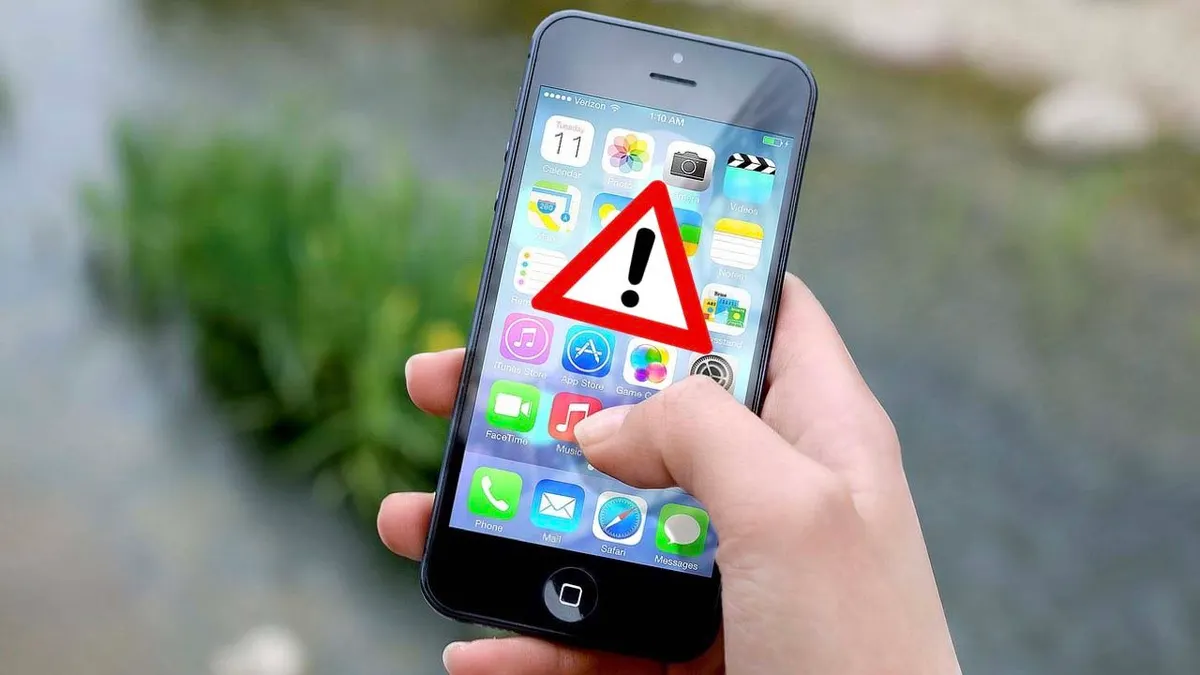

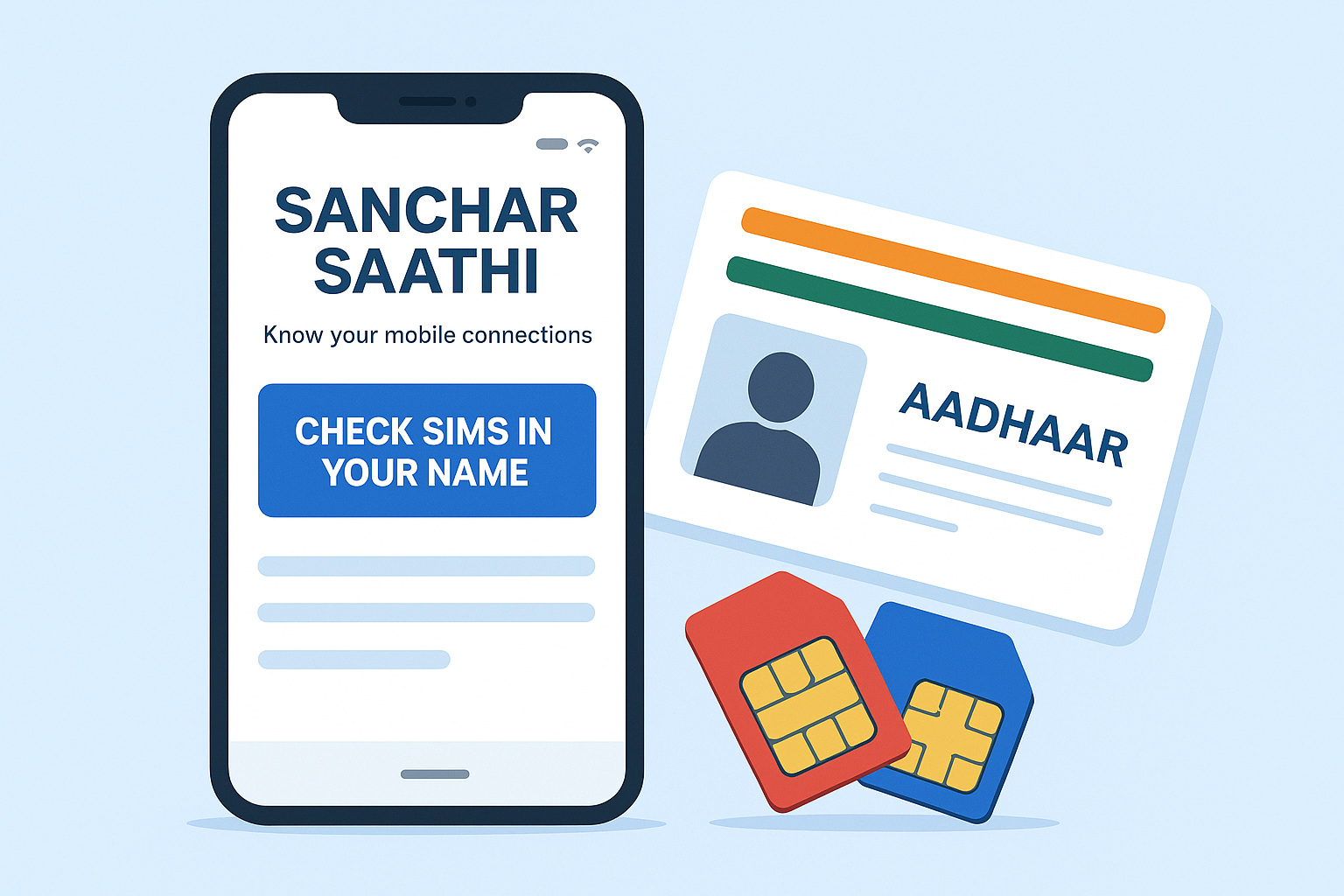

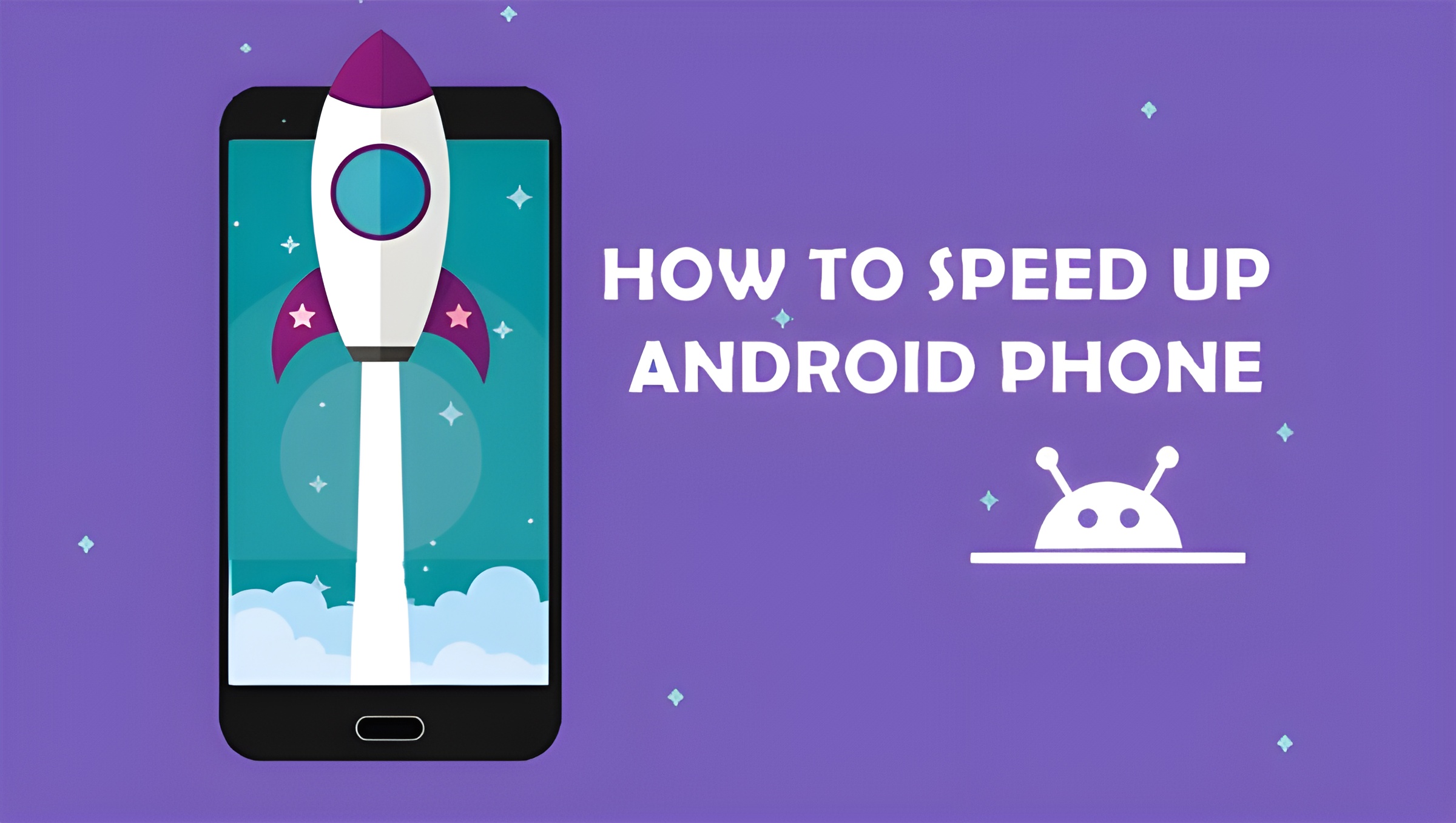
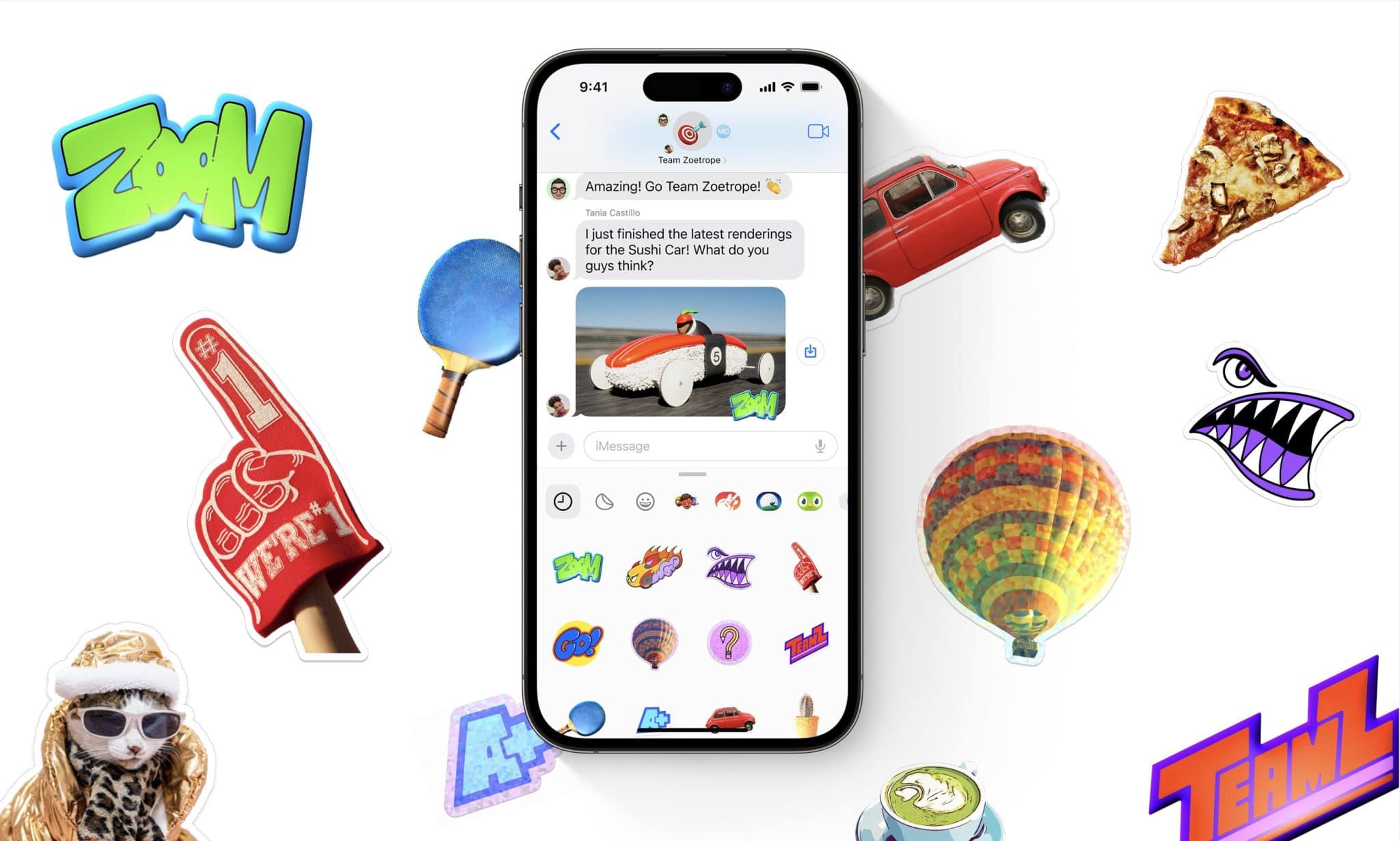



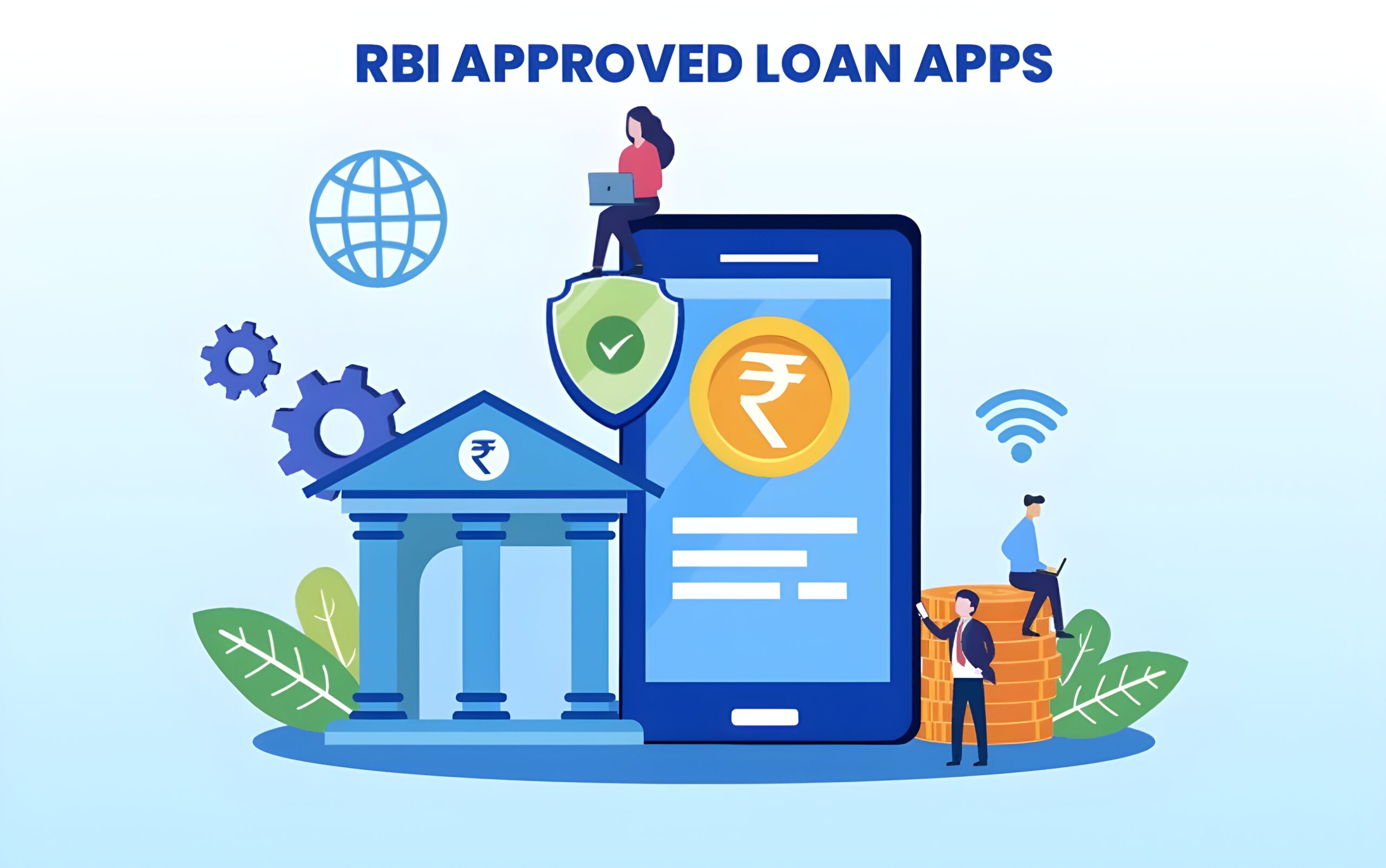
1 thought on “Can iPhones Get Viruses?”